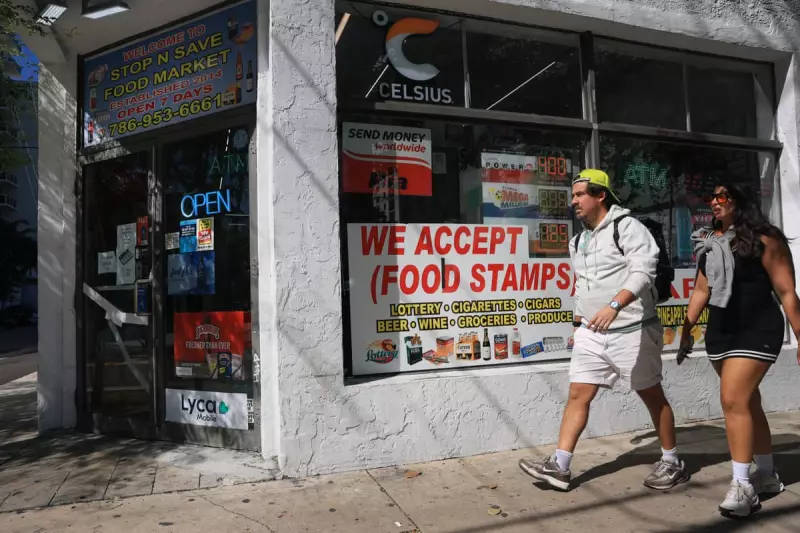
In a seismic ruling that could reshape America's social safety net, a federal court has delivered the Trump administration a major victory in its bid to dismantle key nutritional assistance programmes.
What the Ruling Means for Vulnerable Families
The controversial decision paves the way for sweeping changes to the Supplemental Nutrition Assistance Programme (SNAP), commonly known as food stamps. Legal experts are describing this as one of the most significant welfare policy shifts in recent decades.
At the heart of the matter lies the administration's ambitious plan to restructure how SNAP funding is allocated and distributed. Critics argue this could effectively remove the nutritional lifeline for millions of low-income households across the United States.
The Legal Battle Reaches Its Climax
The court's ruling represents the culmination of a protracted legal struggle between the administration and advocacy groups. Those opposing the changes had hoped the judiciary would block what they describe as "an assault on America's most vulnerable citizens."
However, the court found in favour of the administration's interpretation of executive authority regarding welfare programme management. This decision effectively removes the final legal barrier preventing the implementation of the proposed SNAP overhaul.
Potential Consequences for American Families
Food poverty experts are sounding alarms about the potential fallout:
- Immediate reduction in benefits for current recipients
- Tighter eligibility criteria excluding previously qualified households
- Increased pressure on already strained food banks and charitable organisations
- Potential rise in childhood hunger and malnutrition
Anti-poverty campaigners have vowed to continue their fight through legislative channels and public awareness campaigns. "This isn't over," one advocate stated. "We will mobilise every resource to protect hungry families from this devastating policy shift."
The ruling underscores the ongoing national debate about the role of government in addressing food insecurity and the boundaries of executive power in reshaping established social programmes.





